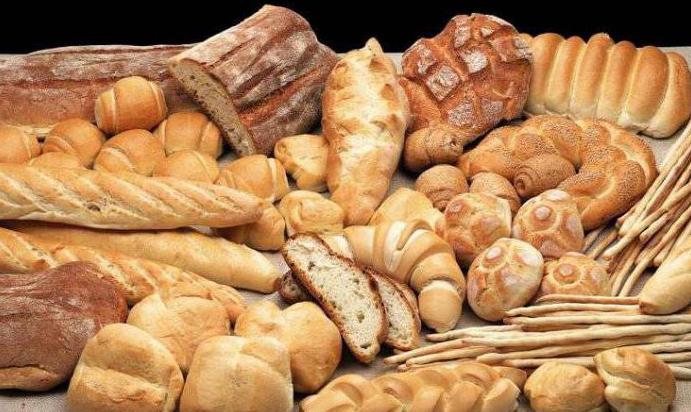In order to preserve the freshness of food, the vast majority of manufacturers use all kinds of food additives - preservatives. One of these additives is E282. Without it, conservation for the winter is not complete. What is this substance? Does it have a harmful effect on the human body?
Description
Calcium Propionate (Calcium Propionate), preservative E282 is a food supplement, inorganic substance, a combination of calcium salt and propionic acid. It has the form of a colorless crystalline powder or granules, odorless. Such a food supplement is obtained by reacting propionic acid with calcium chloride and other Ca-containing substances.
Calcium Propionate: formula, chemical properties
E282 has the chemical formula C6H10O4Ca. The derivative of this additive is propionic acid E280 (also called propanoic or methylacetic) - a pure food preservative, a corrosive liquid with a very pungent odor. The properties of E282 are due to exposure to propionic acid. This acid easily reacts with any substances and forms chemical compounds (amides, halides, esters, etc.), it dissolves in any organic solvents, including water. Propionic acid is indispensable in the food and agricultural industries, in the production of cosmetics, solvents and surfactants.
Application
Calcium propionate is widely used in the food industry. This preservative increases the shelf life of food, softens ready-made foods, and prevents the formation of bacteria, mold and fungi in them.
Food supplement E282 is added to the following products:
- bread, flour and confectionery;
- vinegars, grape wines, soy sauces;
- minced meat and products thereof;
- winter preservation;
- cheese products.
In addition, E282 is used in the manufacture of various wine products to avoid aging of drinks. This substance is an unbanned preservative for use in the food industry of the Russian Federation. The list of permitted products for the use of the preservative E282, in accordance with paragraph 3.3.17 of SanPiN2.3.2.1293-03:
- processed cheese and products from it (the maximum amount of calcium propionate is 3 g per 1 kg of the manufactured product, it can be added in combination with propionic and sorbic acids or their salts);
- wheat bread in sliced and packaged form;
- rye bread with an extended shelf life (maximum 3 g per 1 kg of manufactured product);
- low-calorie bread, pastry and pastry flour products (not more than 2 g of preservative per 1 kg of the finished product);
- wheat bread in a long shelf life package, Easter and Christmas cakes (maximum 1 g per 1 kg of product made);
- cheese and cheese products (for external processing of finished products they are used in an amount corresponding to the technical instruction, one component or combining with other propionates with conversion to acid).
E282 is also used in cosmetics and eye drops. The maximum amount of 2% must be considered as propionic acid.
Calcium Propionate: Harm
One of the harmful effects of a preservative on a person is considered to be its non-deduction from the body, since calcium propionate is not absorbed, but remains in human organs and tissues for years, while continuing to accumulate. One of the symptoms of the harmful effects of food supplement E282 can be headaches. It is especially recommended to avoid the use of calcium propionate in people with hypertension. Carcinogenic effect on humans has not been studied, it is possible that calcium propionate contributes to the development of tumor diseases.

Thus, E282 is a rather dangerous food supplement. According to sanitary standards, calcium propionate is a preservative that is acceptable for use in food. Due to the small number of studies of calcium, propionate is banned in several countries. Until the end, all the possible effects of food supplement E282 on the human body are still unknown. However, it is known that it tends to accumulate in the human body. Therefore, foods containing calcium propionate should be discarded whenever possible.